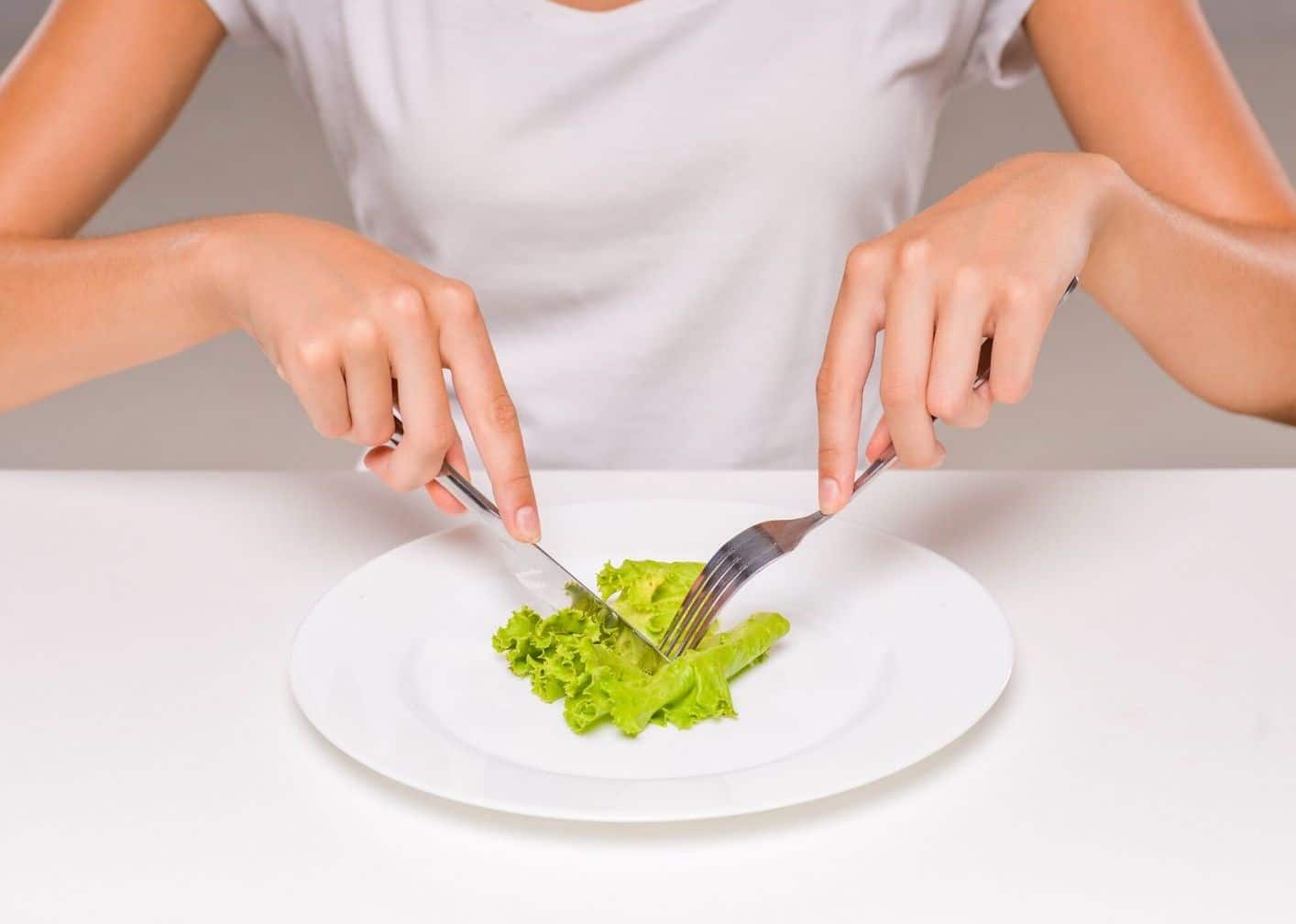
The Dangers of Fad Diets
A fad diet is typically one that promises a ‘quick fix’, usually to achieve weight loss by restricting or avoiding certain foods and/or food groups. However, some of these diets can compromise your health and achieve little or nothing in the long term. This fact sheet looks at the types of fad diets, their claims, and some simple ways to best achieve a healthy weight or feel healthier through diet and lifestyle.
Popular fad diets:
- Liquid based diets, such as soups or smoothies – these will be naturally lower in calories and therefore result in rapid weight loss, however it is likely that more than one food group will be excluded from the diet increasing the risk of being low in essential nutrients.
- Excluding food groups, such as carbohydrates – initial rapid weight loss tends to be from water and glycogen (energy) stores. These diets can make you feel low in energy and increase the risk of headaches.
- Fasting for two days a week – weight may be lost due to having less calories weekly, but how sustainable is this diet? Are you likely to return to old habits?
Problems with fad diets:
- Restrictive, leading to rapid weight loss
- Not sustainable
- Rapid weight gain upon quitting fad diet
- Do not provide you with knowledge or know-how in long-term healthy, sustainable weight loss and weight maintenance
- Restrict or eradicate certain food groups, leading to a depletion in essential nutrients that your body needs to function properly
- Can lead to disordered eating
- Can increase negative emotions about oneself
Weight loss and being healthier:
Realistic and achievable weight loss is about 1-2 lbs a week (0.5-1kg). In this way, weight can be lost permanently! There are simple and effective changes for life that we can do to help with sustainable weight loss and to be healthier too. The important aspect to consider is that changes need to be realistic so that you can make the change and stick to it for life. Below are some simple steps:
- Cook from scratch as much as possible so you know the ingredients included. If eating too much highly processed foods, you run the risk of consuming hidden fats, sugar and salt.
- Aim for regular meals and have healthy snacks to hand, such as fruit, so that your energy levels do not dip or you feel hungry, thus increasing the temptation to snack on sugary foods or high calorie snacks.
- Fill up on vegetables and pulses at your main meals, these are naturally low in calories. For starchy foods, aim for whole grain varieties to help you feel fuller for longer.
- Avoid sugary drinks as they have unnecessary calories. Water is best which you can naturally flavour with lemon, lime or crushed mint. Don’t forget that alcohol is high in calories so cutting down on alcohol can also help you control your weight.
- Think about your portion sizes, if you feel full after eating, it is likely that you have eaten too much.
- Choose lean meats, low-fat dairy foods and aim not to add fats unnecessarily as they are high in energy (calories).
Exercise:
Calories can be literally ‘burnt’ through exercising, which not only helps to control weight, but can make us feel good and will benefit health.
Aim for the recommended minimum levels of physical activity of at least 150 minutes a week (2 ½ hours) of moderate intensity, for example brisk walking and cycling. Or half this amount as vigorous intensity, for example, running, circuit training.
Also undertake weight-bearing exercises twice a week, for example, carrying groceries or exercising with weights.
If you are not used to exercising build up gradually.
However, remember that exercise is not the key to weight maintenance, and should be used in conjunction with a healthy and balanced diet. Using both exercise and a healthy diet hand in hand is the way to achieve and maintain a healthy mind and body.


